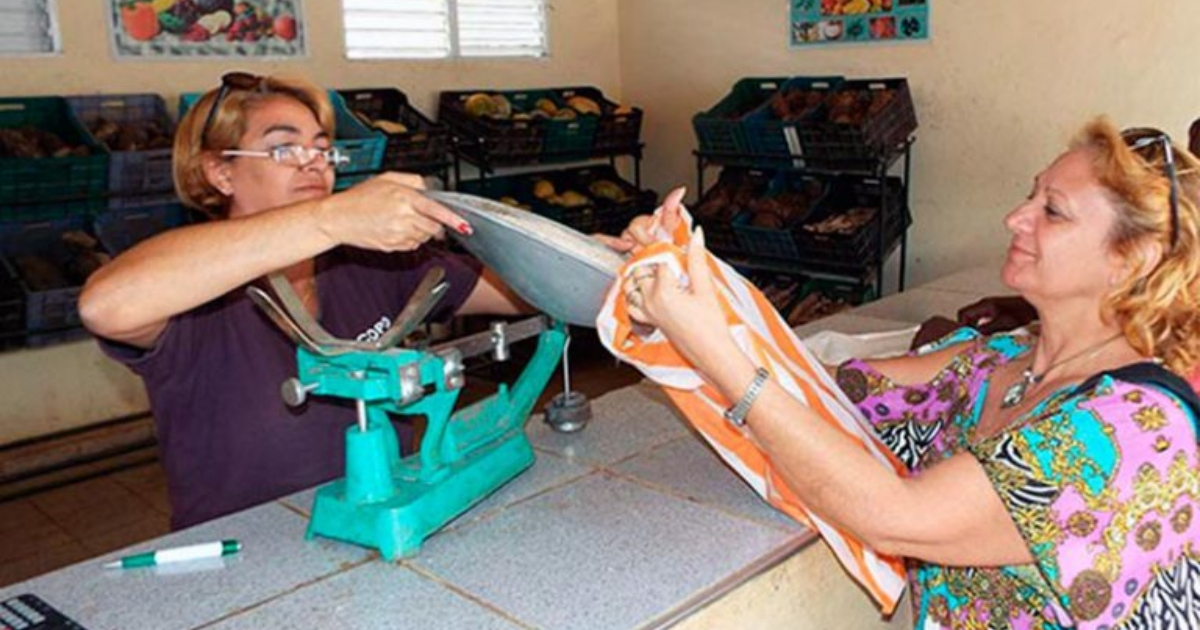
The government of Las Tunas, in eastern Cuba, the price of a pound of rice reached 160 CUP in the midst of the critical food situation that the country is going through and unprecedented economic inflation.
Although the official discourse uses the euphemism "concert" to refer to the new measure, the reality is that it is aimposition on producers and marketers, accused of being speculators and solely responsible for the increase in prices.
Puerto Padre, Colombia and Manatí are other municipalities in Las Tunas that raised the prices of agricultural products and reinforced control over those who sell them, most of them in the private sector, according to the radio station.Time 21.
The list of capped prices published by the official press is as follows:
- rice consumption $160 lbs
- banana food $15 unit
- cassava $15 lbs
- sweet potato $25 lbs
- donkey banana $50 hand
- tomate $ 40 lbs
- pumpkin $20 lbs
The authorities of Las Tunas announced that prices must be reviewed every week, therefore, everything may constantly fluctuate in order to control economic inflation.
In the midst of the food deficit and the high prices purchased in the informal market for products such as rice, whichIt is sold for up to 250 pesos per pound., the government returns to the measure of capping prices to control the situation, which generates rejection by producers and sellers.
Agricultural producers from Pinar del Río showed their rejection of the government's imposition, especially because there is no citizen protection mechanism that allows them to demand that the authorities cap the prices sold in state stores.
“Today, price-hopping will never be a good solution, not even temporary. Problems are not solved in the branches; They are resolved at the roots and those responsible do not touch them,” lamented a Cuban after the announcement.
The effects of price capping are various and for the Cuban economist Elías Amor the consequences are disastrous in a country like Cuba, which is in a process of stagflation, which occurs when, at the same time, economic stagnation andan intense price increase.
"The practice of price capping is foreign to the fundamental principles and rules of the Economy, and furthermore, it causes very unfavorable effects for both consumers and producers. For the former, it forces them to suffer shortages and see how they disappear from the shelves of businesses the products that are subject to controls. For the latter, it leads them to obtain losses as a consequence of the productive activity. Nobody gains from this type of policies," Amor wrote in his. blog.
What do you think?
COMMENTFiled in: